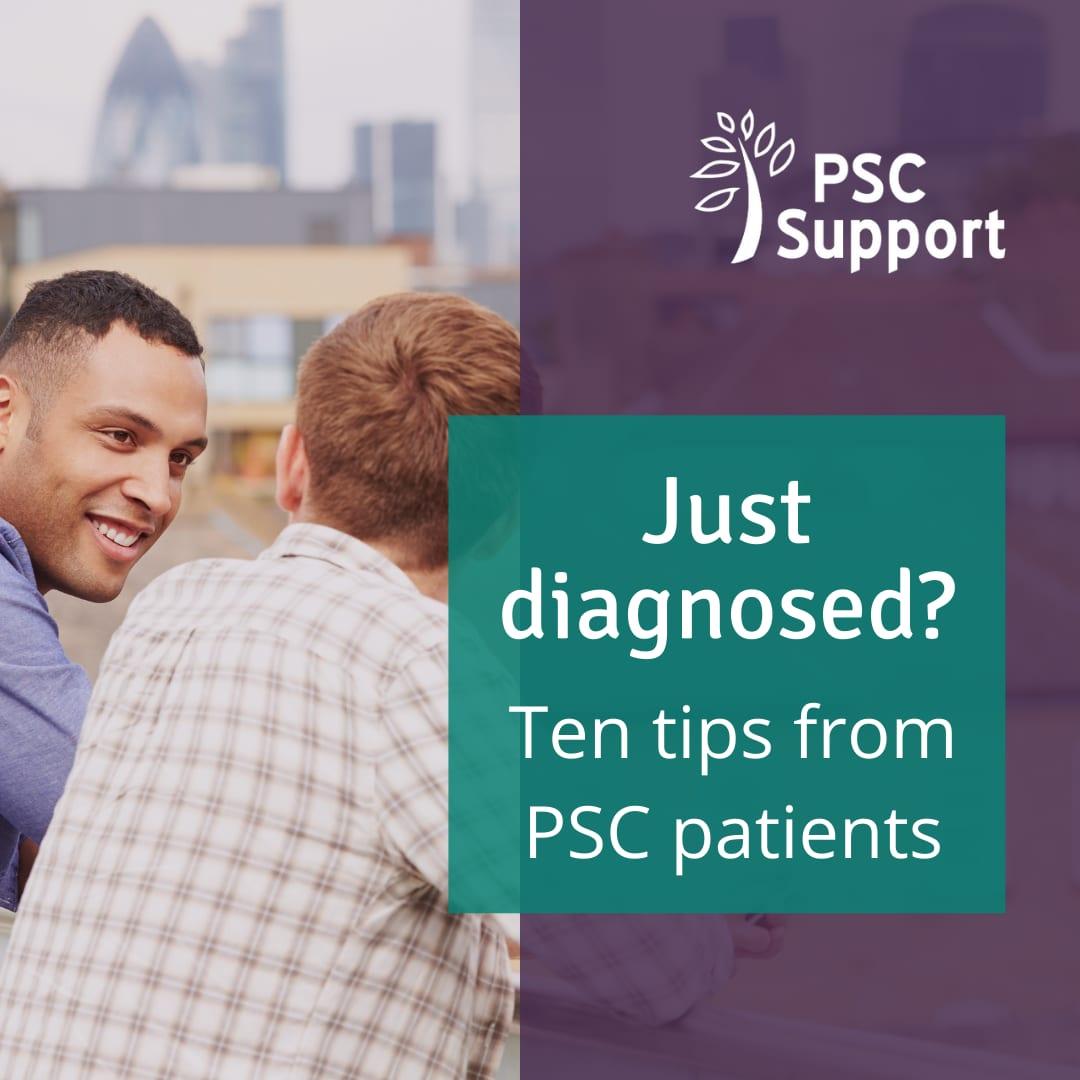How is PSC diagnosed?
There is no single diagnostic blood test for PSC.
This means that your doctors need to piece together clues from your medical history, blood tests, symptoms and scans to make a diagnosis.
The diagnosis often comes unexpectedly after your routine blood tests for IBD suggest bile duct injury 10. In other cases, people suffer with fatigue or feel generally unwell, or may show signs of liver disease such as itch or jaundice, which triggers investigations to identify the cause.
Where there is any doubt about your PSC diagnosis, you should ask to be referred to a hospital or doctor with experience or an interest in PSC.
Medical history
Your doctor will also consider other factors, such as whether or not you have inflammatory bowel disease (IBD) or other autoimmune diseases. Around 70%-80% of people with PSC have IBD, and its presence is a strong indicator to check for PSC 1,52. Furthermore, nearly a quarter will have or develop another autoimmune condition 46.
Imaging (scans)
If your doctor suspects PSC, you will be asked to have a type of MRI scan called an MRCP scan. An MRCP looks closely at your bile ducts. It is the gold standard and the test of choice for diagnosing PSC 2,59. If you have PSC, MRCP will typically show an irregular biliary tree, with a beaded appearance characterised by strictures and dilatations.
Just diagnosed? What's next?
Now you have been diagnosed, will undergo routine care and monitoring to look after you and manage any symptoms you may have.

